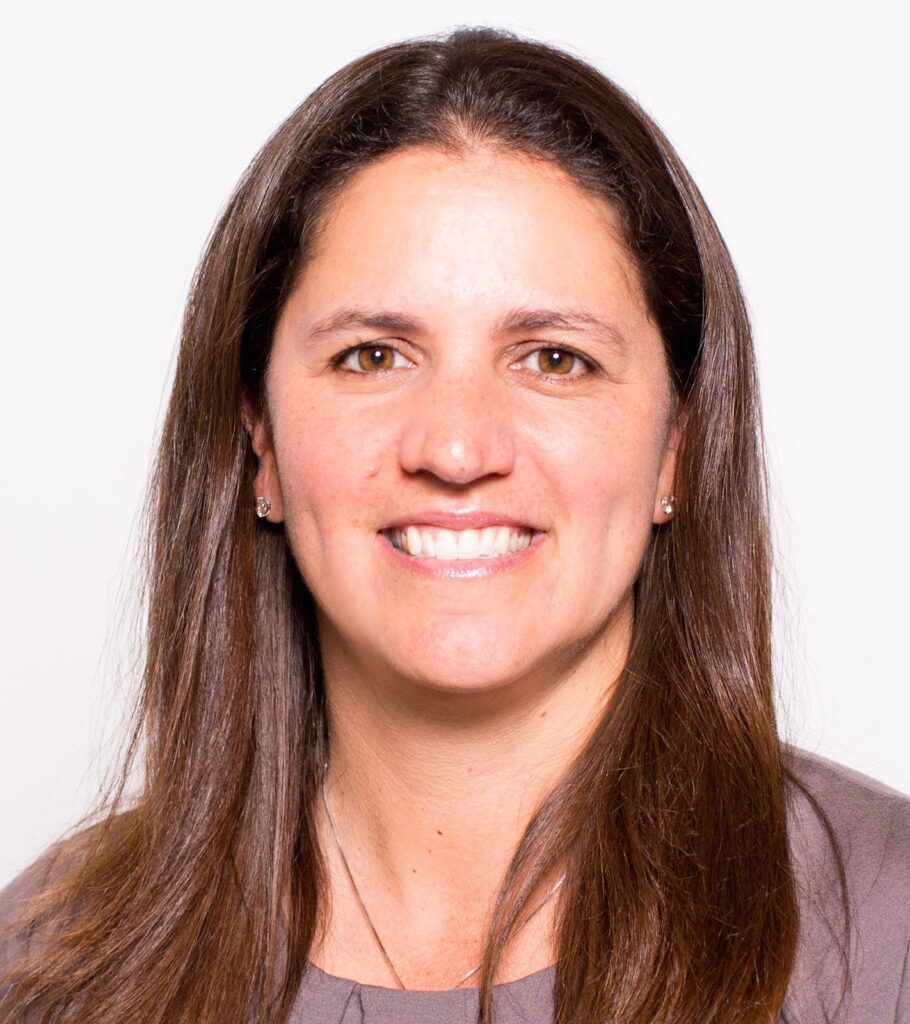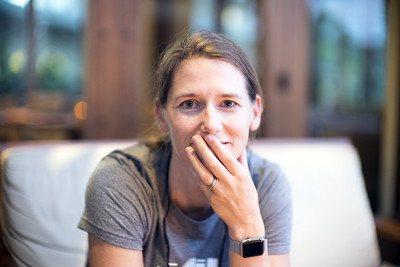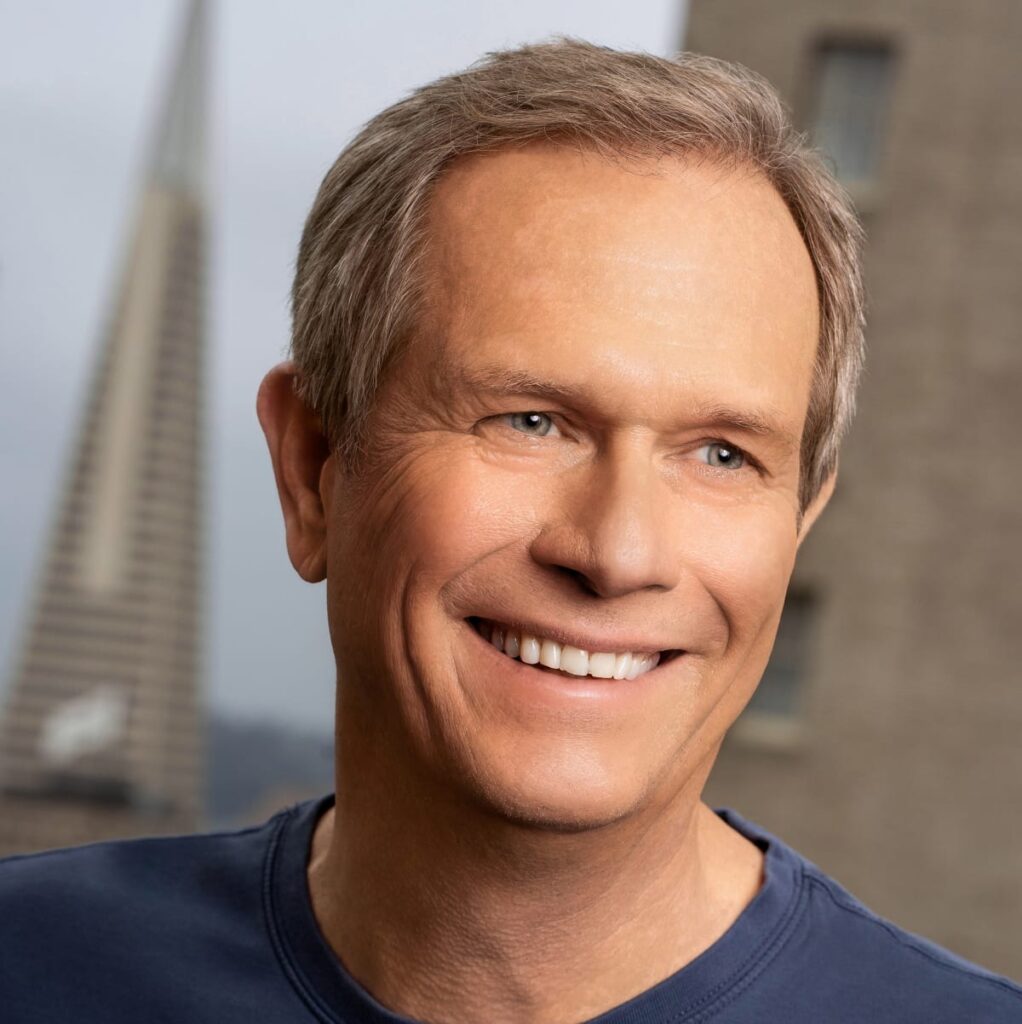
There are only so many iconic social networks in the world – and Nextdoor is one of them. While perhaps not as fast-growing as Facebook or even LinkedIn, Nextdoor has steadily become the hub for neighborhoods around the world.
Sarah Leary founded Nextdoor, along with Nirav Tolia, Prakash Janakiraman, and David Wiesen.
In this episode, Sarah tells the story of getting Nextdoor off the ground. She talks about the painstaking work they did to figure out how to build a healthy community around a neighborhood, before they were ready to scale.
We talk about the impact COVID-19 had on Nextdoor communities, and how and why she decided to become a venture capitalist at Unusual Ventures.
Notable Episode Quotes
On Starting Her Career at Microsoft
“I joined Microsoft at really a golden time: The early 90s. I was on the product team that launched the first version of Microsoft Office, and that was an all-star team. It was a time when Microsoft was just taking off and went from being this software company that some people had heard of to a household name. I was fortunate enough to, for example, be on stage where we launched Office ninety five with Bill Gates and Jay Leno. We were writing the script as we went along and that was an amazing learning curve.”
On the “Pivot” from Fanbase to Nextdoor
“If you don’t get the seeds of a community right in the beginning, it becomes very difficult to fix it. And after about six months, we actually offered to give the money back to Bill Gurley, who was the lead investor in Fanbase. He said, ‘That’s the easy way out. I’ll give you three months to work on some new ideas. It doesn’t have to be directly related to Fanbase. But why don’t you guys take another crack at it?’ That was hard. It was very hard to step back and say. ‘This isn’t working and confess to each other that we didn’t think it was going to be the next ESPN’, but I’m so glad that we did.”
On the Earliest Days of Nextdoor
“The idea of Nextdoor changed pretty dramatically in those early stages before we ever wrote a line of code. And thankfully, it’s probably saved us from years of going down the wrong path and frankly, probably losing faith in what it was that we were trying to. The prototype was actually launched in the Bay Area and with one neighborhood in Menlo Park, and it worked. People wanted to talk to their neighbors, but we were very cautious and said, OK, that’s not enough. Let’s try some other ones. In Seattle, Washington, we had one in upstate rural New York. We had one outside of Washington, D.C., and one in Tennessee. And we just started to see how people were using the platform. And that gave us the confidence after we did about five of those to say, ‘OK, this is the winning idea and we’re going to double down on it’.”
Unusual Ventures: https://www.unusual.vc
Something Ventured: www.somethingventured.us
Comments closed

